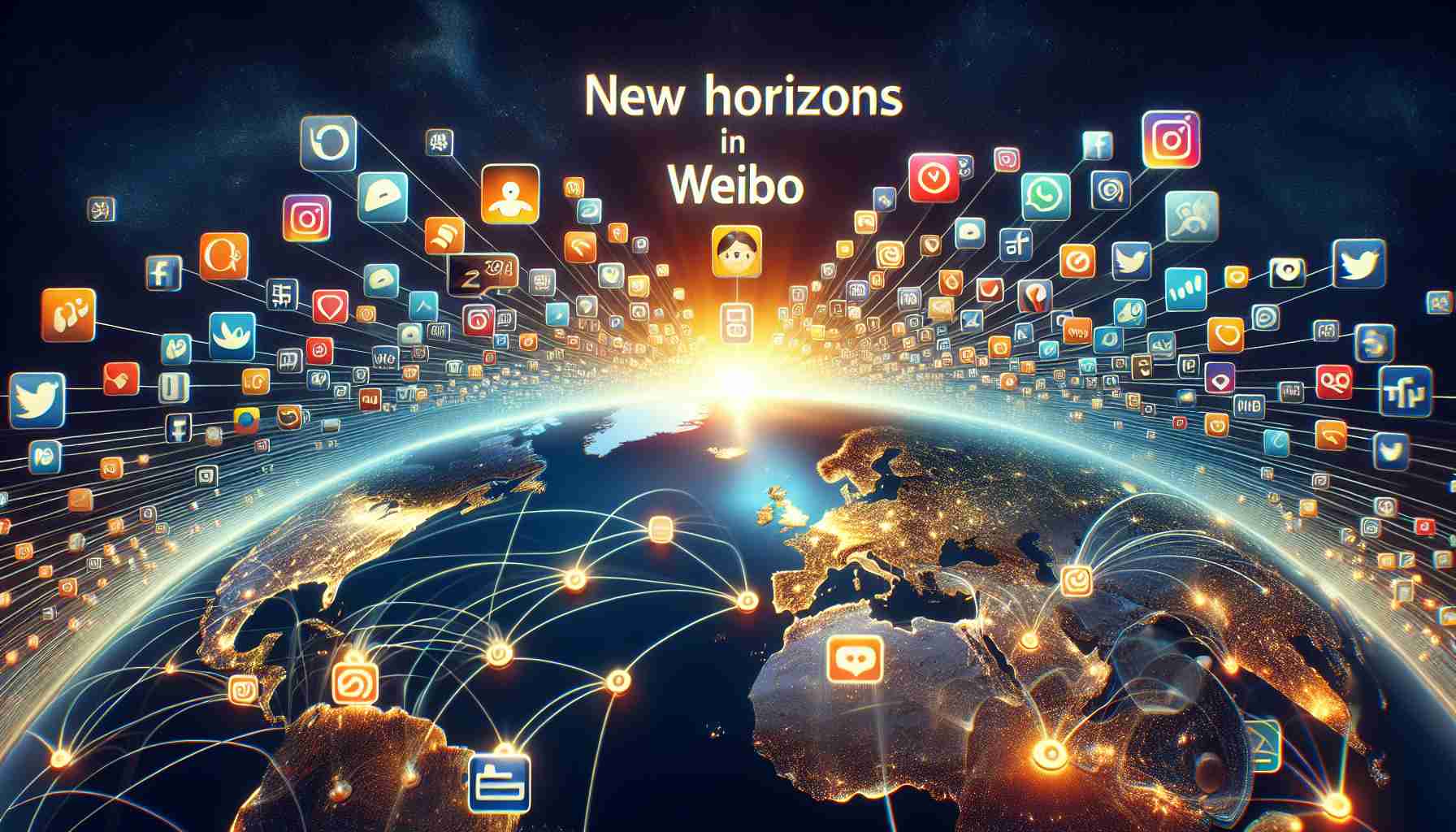Weibo, often hailed as China’s hybrid of Twitter and Facebook, has solidified its position as a leading platform in the social media realm. With a user base that rivals the populations of entire countries, Weibo has become an essential tool for communication and online discourse in China.
Functioning both as a microblogging service and a social networking site, Weibo offers diverse content to cater to varying interests. From trending pop culture to thought-provoking political discussions, the platform ensures a wide array of themes are covered. Celebrities, government officials, and ordinary citizens alike turn to Weibo to share their thoughts and engage with each other, making it a vibrant hub of activity.
Weibo’s ability to influence public opinion has made it an important player in the country’s digital ecosystem. By providing an outlet where information, whether it is news or personal updates, can be disseminated quickly amongst its user base, it stands as a powerful means of communication. Internet celebrities and influential figures often use Weibo as a means to extend their reach and impact on the public sphere.
In summary, Weibo is not just a website; it’s a cultural phenomenon that encapsulates the digital pulse of China. Its versatility and extensive reach have made it an indispensable part of daily life for a significant portion of the Chinese population, and it continues to grow as a platform where voices can be heard and connections made.
Important Questions and Answers:
1. What is the user demographic of Weibo?
Weibo’s user base is predominantly Chinese; however, it includes a diverse group from various age ranges, professions, and interest backgrounds. It is particularly popular among young people and urban citizens.
2. How does censorship impact Weibo’s operations?
Censorship is a significant challenge for Weibo, as the platform must comply with China’s strict internet regulations. Content is monitored, and sensitive topics may be censored or lead to user bans.
3. What is the role of Weibo in business and marketing?
Weibo is a crucial platform for businesses and marketers to reach Chinese consumers. Companies can engage with users directly, and digital marketing on Weibo can have a profound effect on brand recognition and sales within the Chinese market.
Key Challenges and Controversies:
– Censorship: The Chinese government exerts significant control over internet content. Weibo, like other Chinese social media platforms, faces the challenge of balancing user expression with regulatory compliance.
– Data Privacy: As with many social media platforms, concerns over data privacy and security are paramount, especially given the strict surveillance measures that can be present in China.
– Competitive Landscape: Weibo competes with a range of other Chinese social media platforms, such as WeChat and Douyin (TikTok’s Chinese counterpart), for user attention and advertising revenue.
Advantages and Disadvantages of Weibo:
Advantages:
– Wide Reach: Weibo’s user base provides a massive audience for content creators and businesses.
– Speed of Information: The platform allows for rapid dissemination of news and updates.
– Accessibility: Features such as hashtags and the ability to re-post content make it easy for information to spread widely.
Disadvantages:
– Censorship: Limits on expression can stem the flow of information and stifle discussion.
– Competition: Users and advertisers may opt for other platforms, impacting Weibo’s dominance.
– Cultural and Political Risks: International businesses using Weibo need to navigate cultural sensitivities and political regulations.
Related link to main domain: Weibo
The source of the article is from the blog scimag.news
